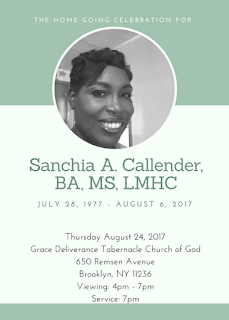Sharpton on black leadership
Today's interview in NPR's series on black leadership was with Al Sharpton. I found it to be the least interesting piece in the series. I must confess that I agree with Al Sharpton's critics. I grew up in New York City during his rise to fame. I was not impressed by what I saw then. I'm not impressed by what I see now.
I haven't got any books to sell and no one pays me to speak anywhere. I find Sharpton's "leadership" to be paltry. I have since I was a kid. What's my agenda?
Sharpton's comments make an interesting contrast to those of Anne Fudge, chairman and CEO of Young & Rubicam Brands, who was interviewed on Thursday for the series.
Sharpton: A Leader with Followers -- and Critics
...Sharpton is also known -- and criticized -- for his flamboyance. His detractors say he uses civil rights to promote his own interests.
Recently, some of that criticism came from NPR's Juan Williams, who earlier this week accused Sharpton of posturing and using the civil rights legacy for his personal gain.
For his part, Sharpton says commentators and pundits have their own agenda: to sell books.
I haven't got any books to sell and no one pays me to speak anywhere. I find Sharpton's "leadership" to be paltry. I have since I was a kid. What's my agenda?
Sharpton's comments make an interesting contrast to those of Anne Fudge, chairman and CEO of Young & Rubicam Brands, who was interviewed on Thursday for the series.
CEO Sees New Sources of Black Leadership
For decades, black religious figures and politicians have been seen as the primary leaders in the African-American community. But business figures and other role models are assuming as much of a leadership role, Ann Fudge says. She's the CEO of Young and Rubicam Brands, a worldwide marketing communications company.
"We need leaders in every segment of the whole American system to begin to make change and make a difference," says Fudge, who has been called one of the 50 most powerful women in American business. "And if I think where the civil rights movement is going, it is about that evolution. It is about redefining civil rights for our time," she tells Renee Montagne.


Comments
Post a Comment